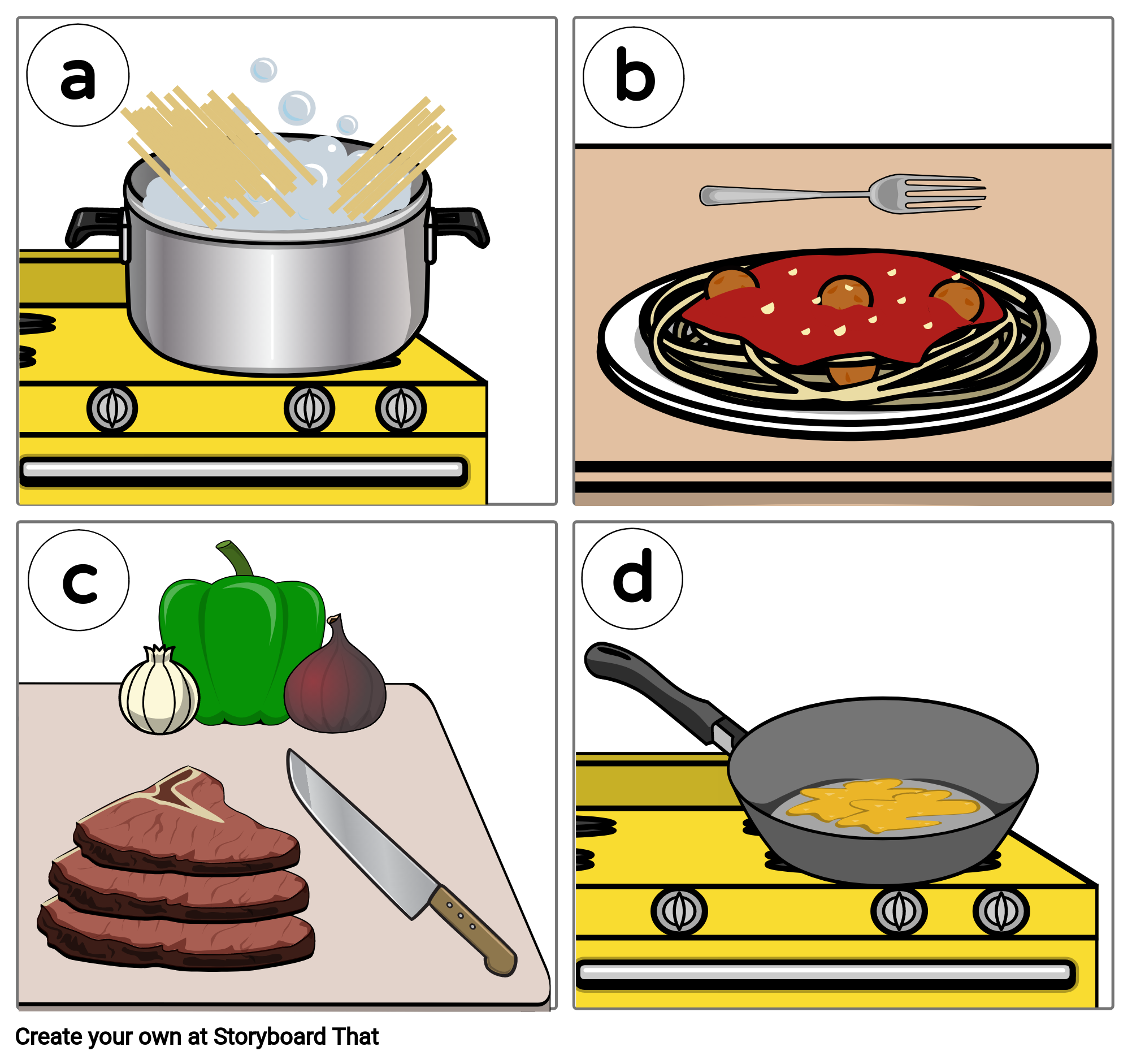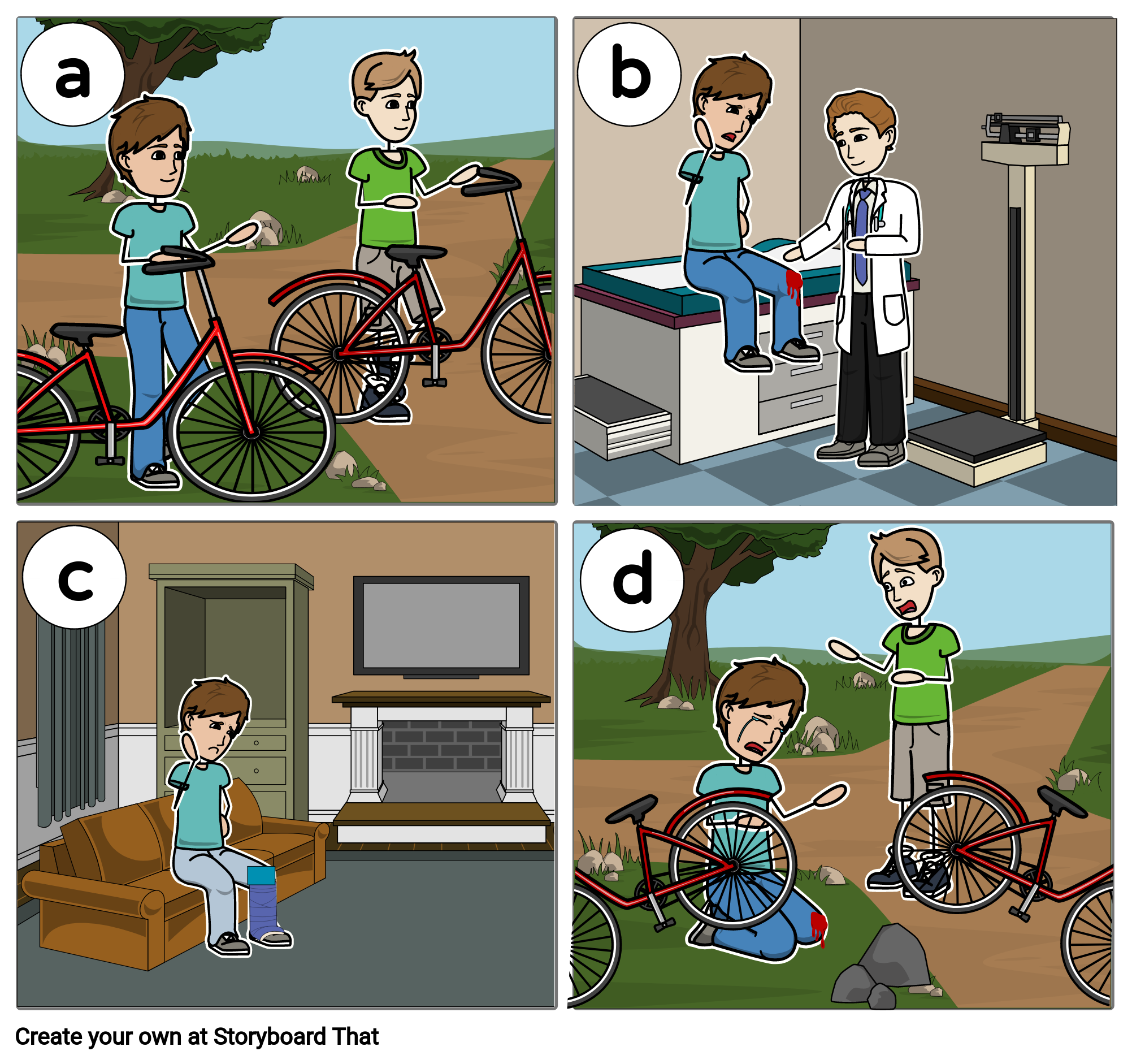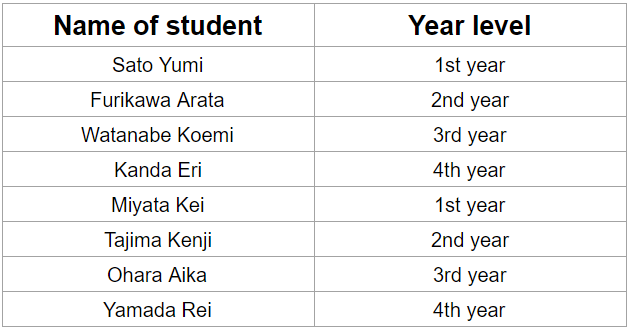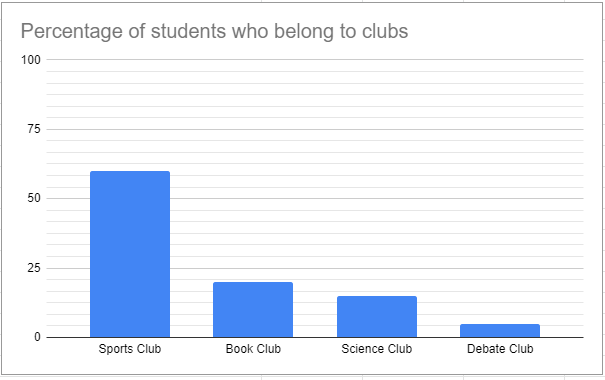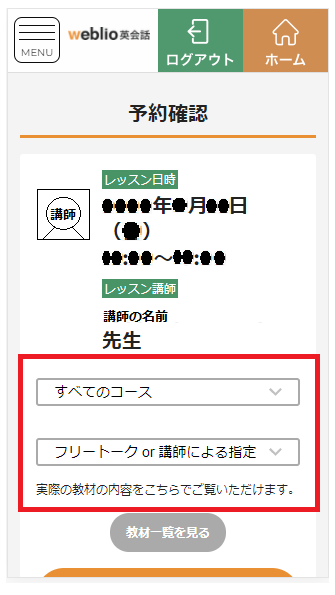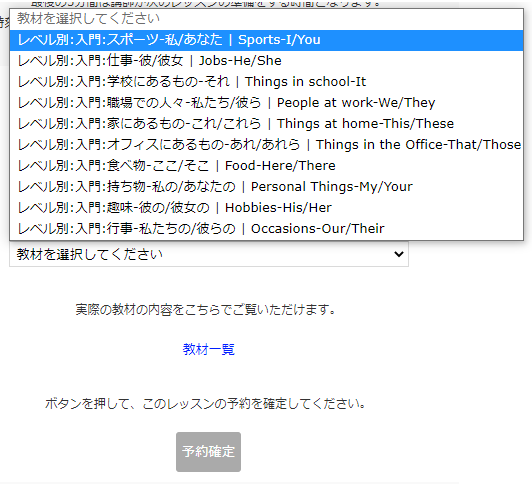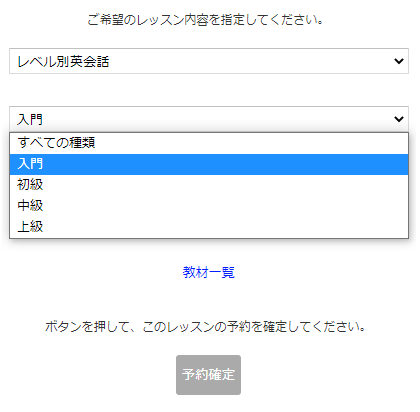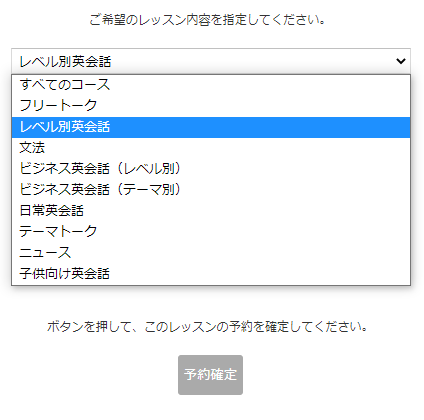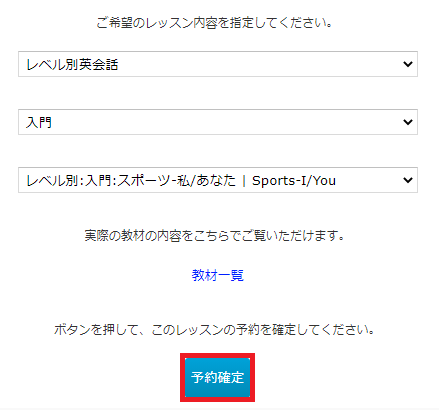| Situation: |
●(You hear a wo/man talking on the radio./ You hear a message on a telephone answering machine./You hear an advertisement.)
(you will pretend ●)
|
| Question: | ●? | |
|
|
|
|
| Situation: |
●(You hear a wo/man talking on the radio./ You hear a message on a telephone answering machine./You hear an advertisement.)
(you will pretend ●)
|
| Question: | ●? | |
|
|
|
|
| Situation: |
●(You hear a wo/man talking on the radio./ You hear a message on a telephone answering machine./You hear an advertisement.)
(you will pretend ●)
|
| Question: | ●? | |
|
|
|
|
| Situation: |
●(You hear a wo/man talking on the radio./ You hear a message on a telephone answering machine./You hear an advertisement.)
(you will pretend ●)
|
| Question: | ●? | |
|
|
|
|
| Situation: |
●(You hear a wo/man talking on the radio./ You hear a message on a telephone answering machine./You hear an advertisement.)
(you will pretend ●)
|
| Question: | ●? | |
|
|
|
|
| Situation: |
●(You hear a wo/man talking on the radio./ You hear a message on a telephone answering machine./You hear an advertisement.)
(you will pretend ●)
|
| Question: | ●? | |
|
|
|
|
| Situation: |
●(You hear a wo/man talking on the radio./ You hear a message on a telephone answering machine.You will hear an advertizement.)
(●)
|
| Options: |
A. ● B. ● C. ● |
| Situation: |
●(You hear a wo/man talking on the radio./ You hear a message on a telephone answering machine.You will hear an advertizement.)
(●)
|
| Options: |
A. ● B. ● C. ● |
| Situation: |
●(You hear a wo/man talking on the radio./ You hear a message on a telephone answering machine.You will hear an advertizement.)
(●)
|
| Options: |
A. ● B. ● C. ● |
| Situation: |
●(You hear a wo/man talking on the radio./ You hear a message on a telephone answering machine.You will hear an advertizement.)
(●)
|
| Options: |
A. ● B. ● C. ● |
| 1: | ● ________________ |
| 2: | ● ________________ |
| 3: | ● ________________ |
| 1. | ● |
|
A. ● B. ● C. ● |
|
| 2. | ● |
|
A. ● B. ● C. ● |
|
| 3. | ● |
|
A. ● B. ● C. ● |
|
| 4. | ● |
|
A. ● B. ● C. ● |
|
| 5. | ● |
|
A. ● B. ● C. ● |
|





